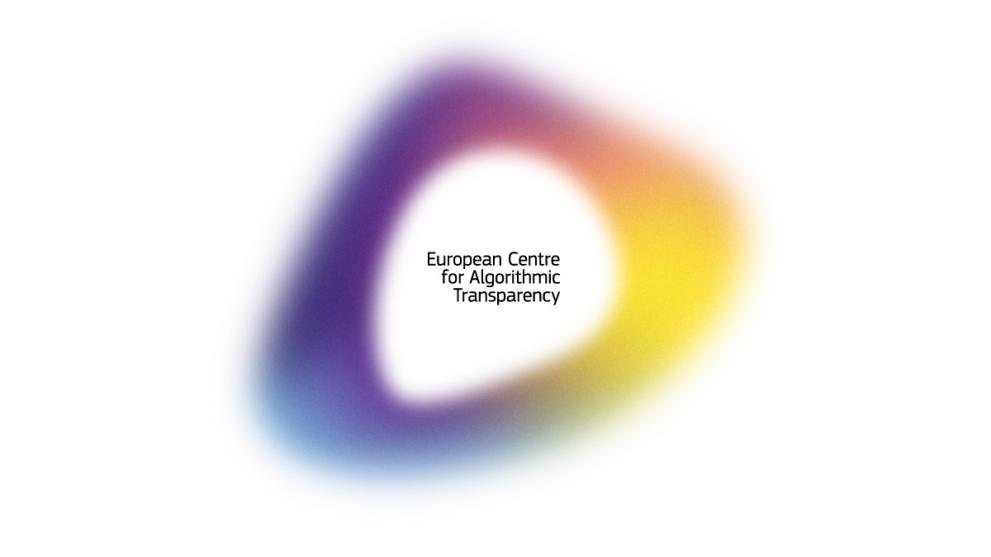
Algorithmic systems determine many aspects of our online experience. For example, a music streaming app may use algorithms to suggest songs or bands to its users. With the ever-increasing societal impact of online platforms such as social networks, online marketplaces, and search engines, there is an urgent need for public oversight of the processes at the core of their business. This includes in particular how these platforms and search engines moderate content and how they curate information for their users.
To address these and other pressing challenges related to the online world, the European Commission has proposed a Digital Services Package that sets out a first comprehensive rulebook for the online platforms that we all depend on in our daily lives. On 16th November 2022, a pillar of this package and a landmark set of EU rules for a safer and more accountable online environment officially entered into force: the Digital Services Act (DSA).
The DSA applies to all digital services that connect consumers to goods, services, or content. It creates comprehensive new obligations for online platforms to reduce harms and counter risks online, introduces strong protections for users' rights online, and places digital platforms under a unique new transparency and accountability framework. Designed as a single, uniform set of rules for the EU, these rules will give users new protections and businesses legal certainty across the whole single market. The DSA is a first-of-a-kind regulatory toolbox globally and sets an international benchmark for a regulatory approach to online intermediaries.
DSA and algorithmic transparency
The DSA creates an unprecedented level of public oversight of online platforms across the European Union, both at national and EU level. The European Commission has now powers to directly supervise very large online platforms (VLOPs) and very large online search engines (VLOSEs), companies which individually reach more than 10% of the EU population, approximately 45 million people.In this context, the Commission is setting up a European Centre for Algorithmic Transparency (ECAT) to support its supervisory role with in-house and external multidisciplinary knowledge. The Centre, hosted by the Joint Research Centre (JRC) in close cooperation with the Directorate General Communications Networks, Content and Technology (DG CONNECT), will be the first entity in the world to look into the emerging field of algorithmic transparency in such a comprehensive way.
ECAT will support the regulator in assessing whether the functioning of algorithmic systems is in line with the risk management obligations that the DSA establishes for VLOPs and VLOSEs. It will also become a gravity centre for the international community of researchers and experts auditors in the field, acting as a knowledge hub for research based on platforms’ data.
Details
- Publication date
- 16 November 2022
- Author
- Joint Research Centre
